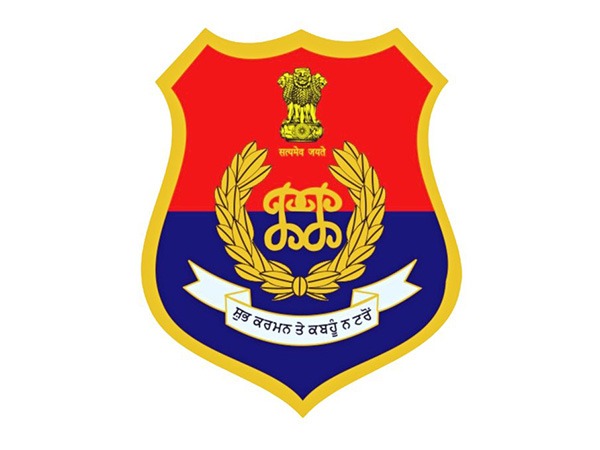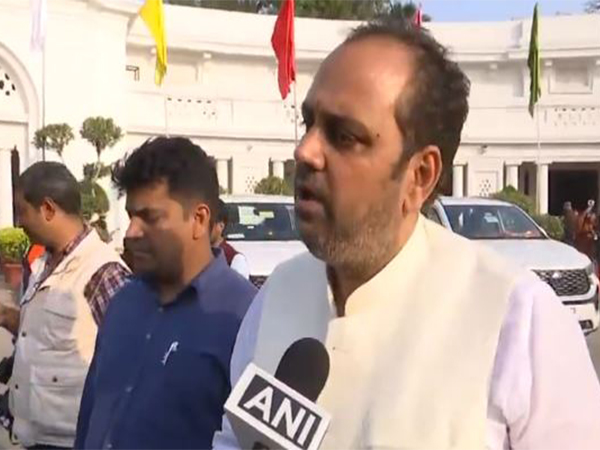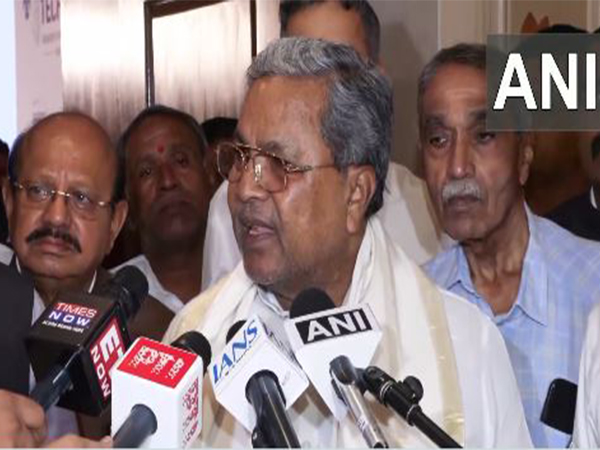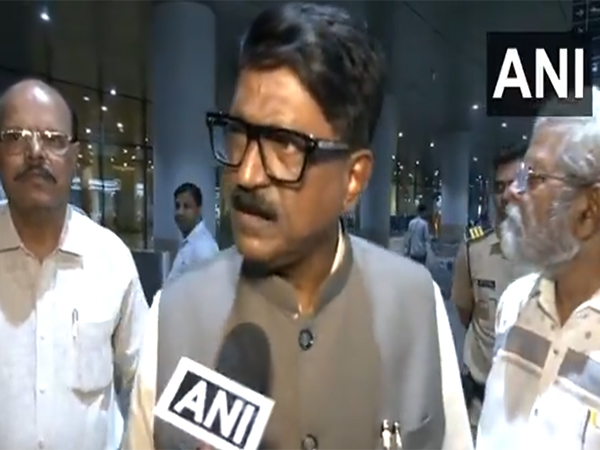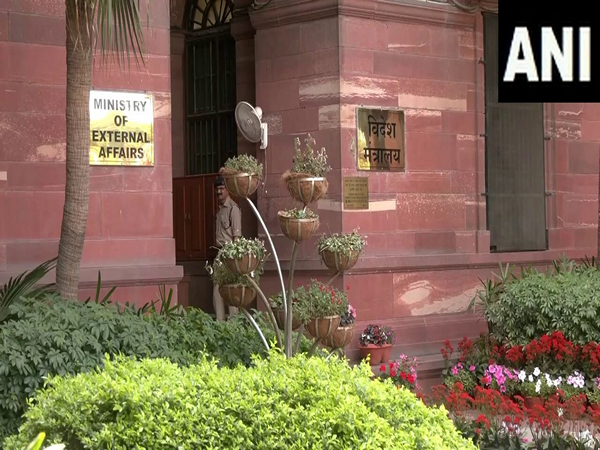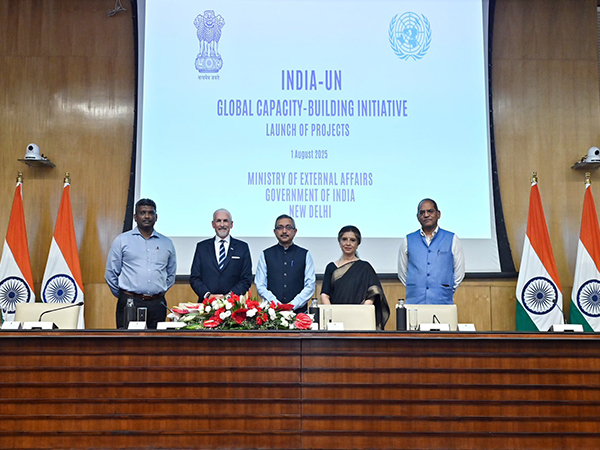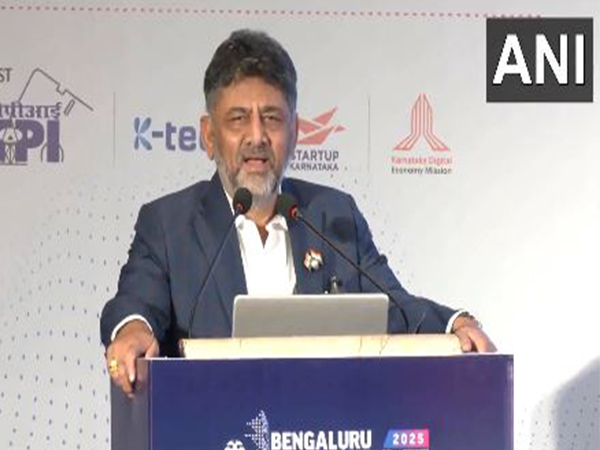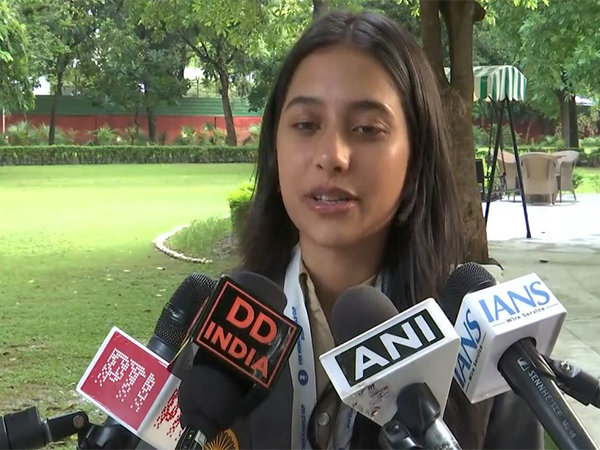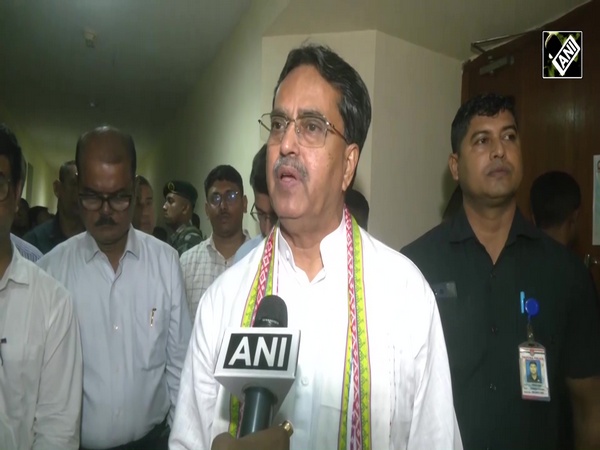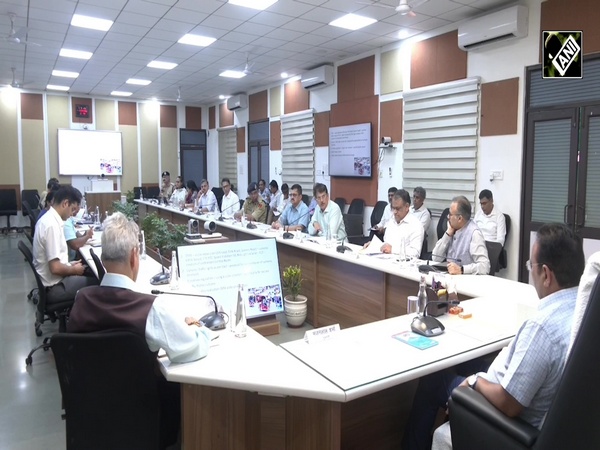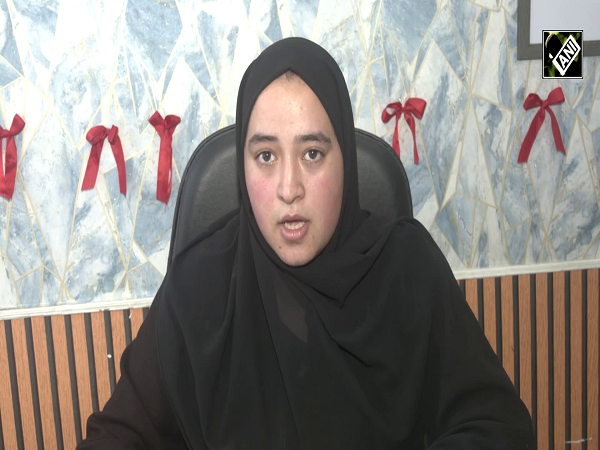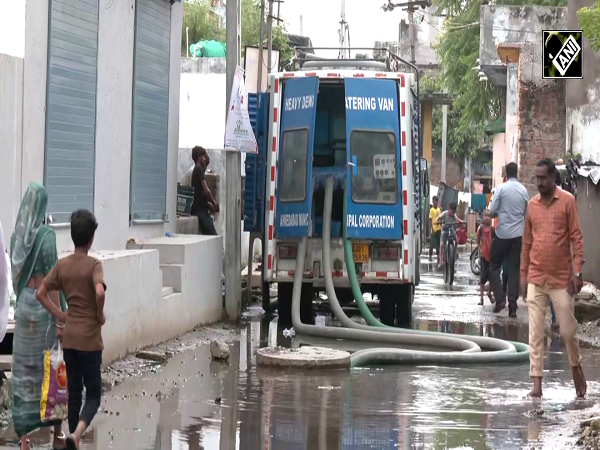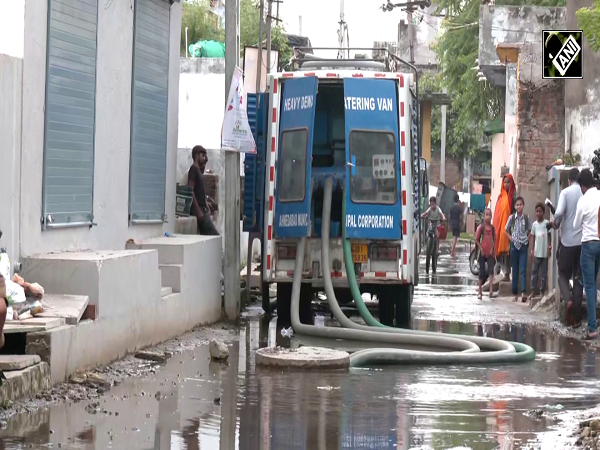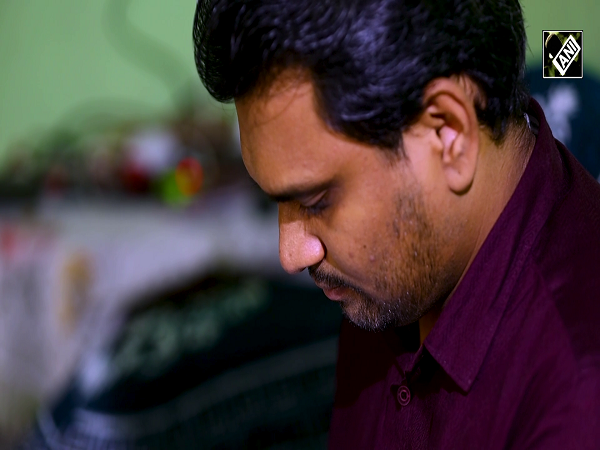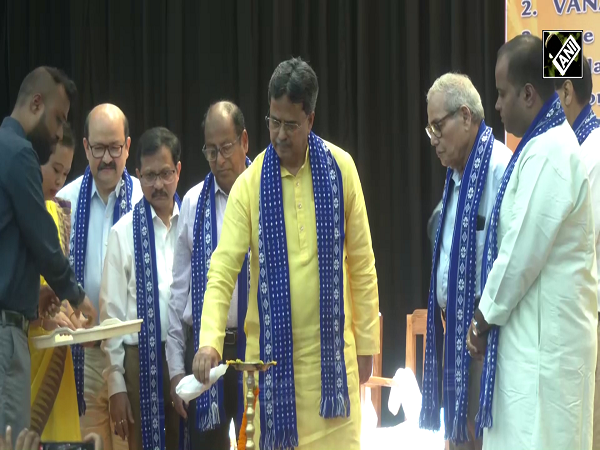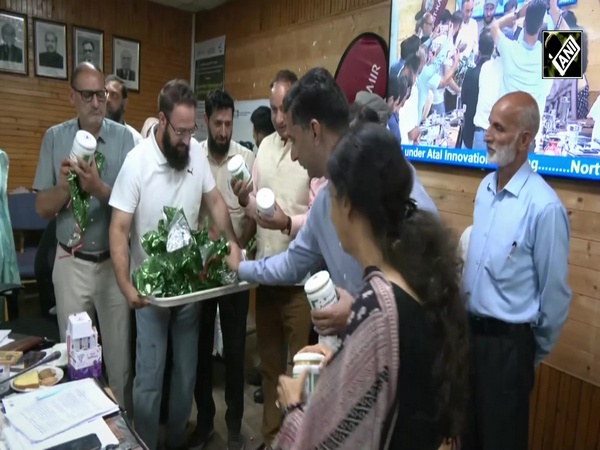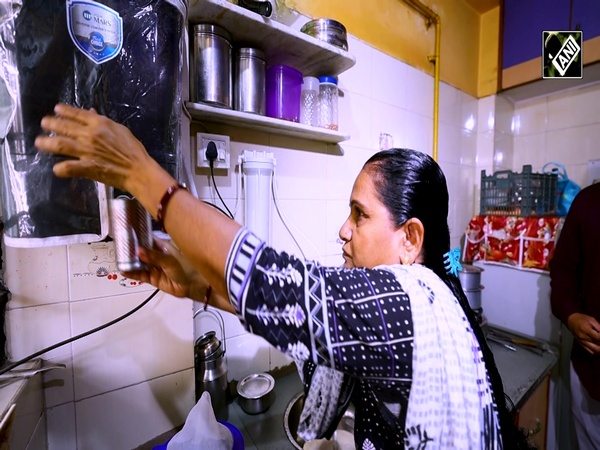Pakistan was created as 'completely strategic move', not due to communalism: Cultural Secretary
Oct 22, 2020

Srinagar (Jammu and Kashmir) [India], October 22 : The narrative which has built-up after the partition of the Indian subcontinent is based on some preconceived notions, and the moment you start looking at why this historiography has developed, you will release many things, said Cultural Secretary Raghvendra Singh on Thursday.
Speaking at the exhibition on "Memories of 22 October 1947" at Sher-i-Kashmir International Conference Centre (SKICC), he said that Pakistan was created as a "completely strategic move" and not due to communalism.
"Why do we say that Pakistan got created due to communalism? The real reason due to which Pakistan got created was far deeper and the reason was completely strategic," he said.
Singh said, "The narrative which has built-up after the partition is based on some preconceived notions. We have only been talking about why the Indian subcontinent got divided into two parts and later three parts (Bangladesh). The moment you start looking at why this historiography has developed you will release many things."
Recalling the operation Gulmarg launched by Pakistan to seize Kashmir, he said, "...the problem started in Kashmir when Pakistan's state-backed militia began operation Gulmarg. A few days later, a British major, who looked after the Gilgit scouts, raised Pakistan's flag there. Then Brigadier Ghansara Singh, who was Governor of Gilgit at the time of partition was captured and a lot of people were killed."
He further said how Pakistan began attempts to seize Kashmir after it did cede to the country, revealing how a invasion was planned and mass killing took place in places like Muzaffarabad, Uri, and Baramulla.
"What happened after 15 August, 1947, Muhammad Ali Jinnah thought just because Kashmir was overwhelmingly Muslim it will cede to Pakistan, but that did not happen. As a result, they started planning. And thereafter, not all people know, what all happened in Muzaffarabad, Uri, and Baramulla. Across religion, people were killed and there were raped and plundered."
Furthermore, the Cultural Secretary said that these stories and narratives on incidents related to partition need to change among people in India, including Kashmir.
"All these stories must come out. And that is why we have organised this symposium so that people get to know about this narrative to people in India including Kashmir and overseas."
"We want the people to recognize the historical for what it is and decide for themselves if they wish to change it or not," he said.
The event "Memories of 22 October 1947" was organized by the National Museum Institute of History of Art, Conservation and Museology (NMI), at SKICC. NMI will display some rear pictures and video footage from their archives during the two-day event.
